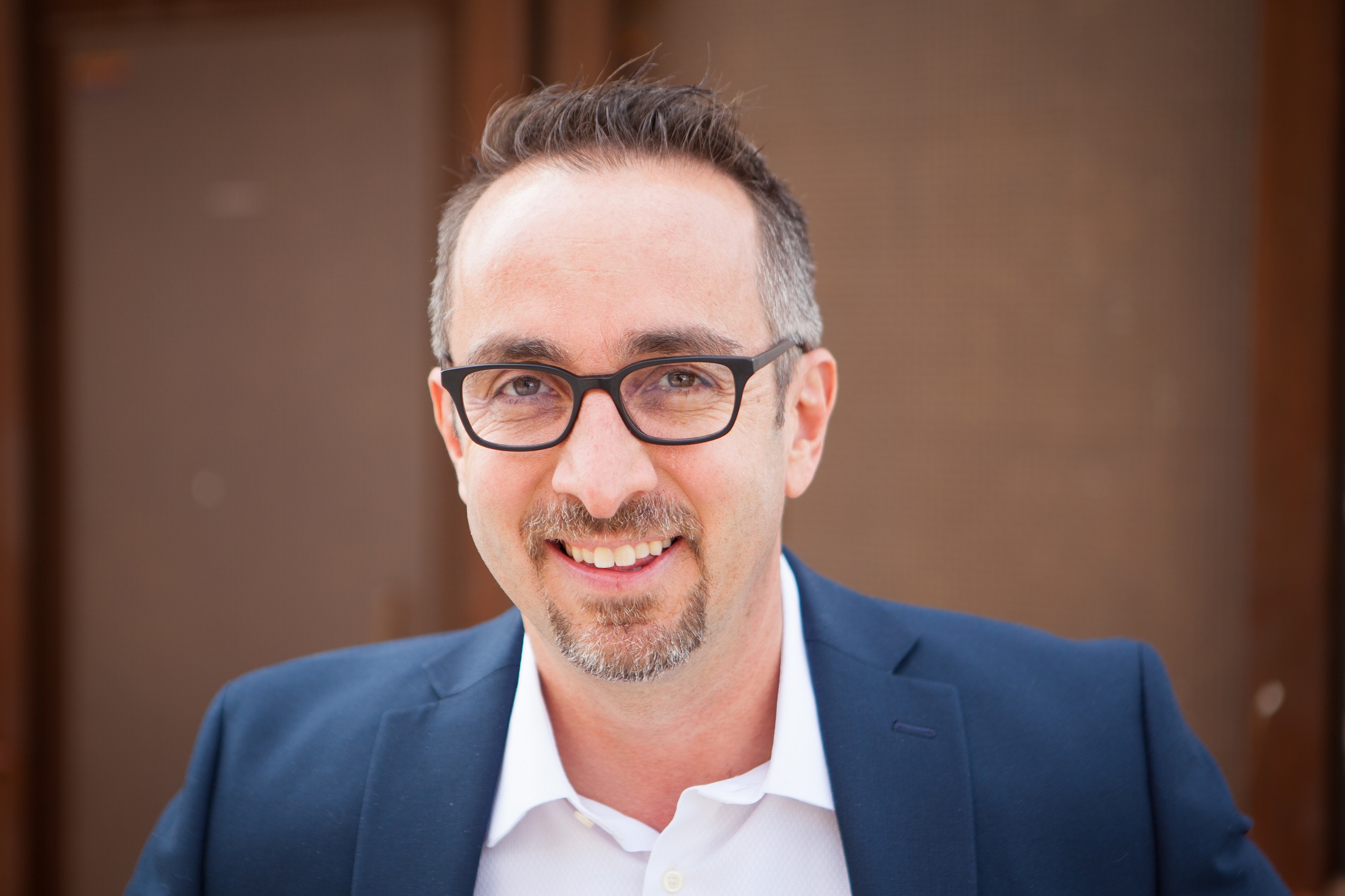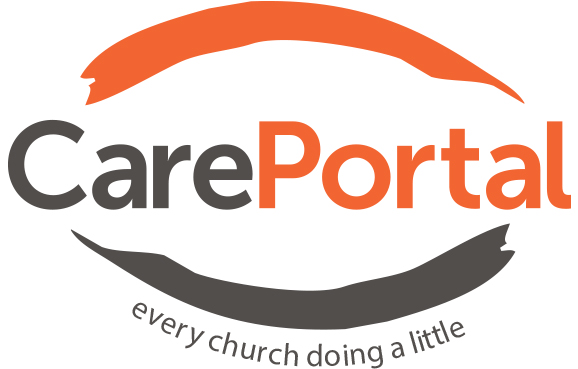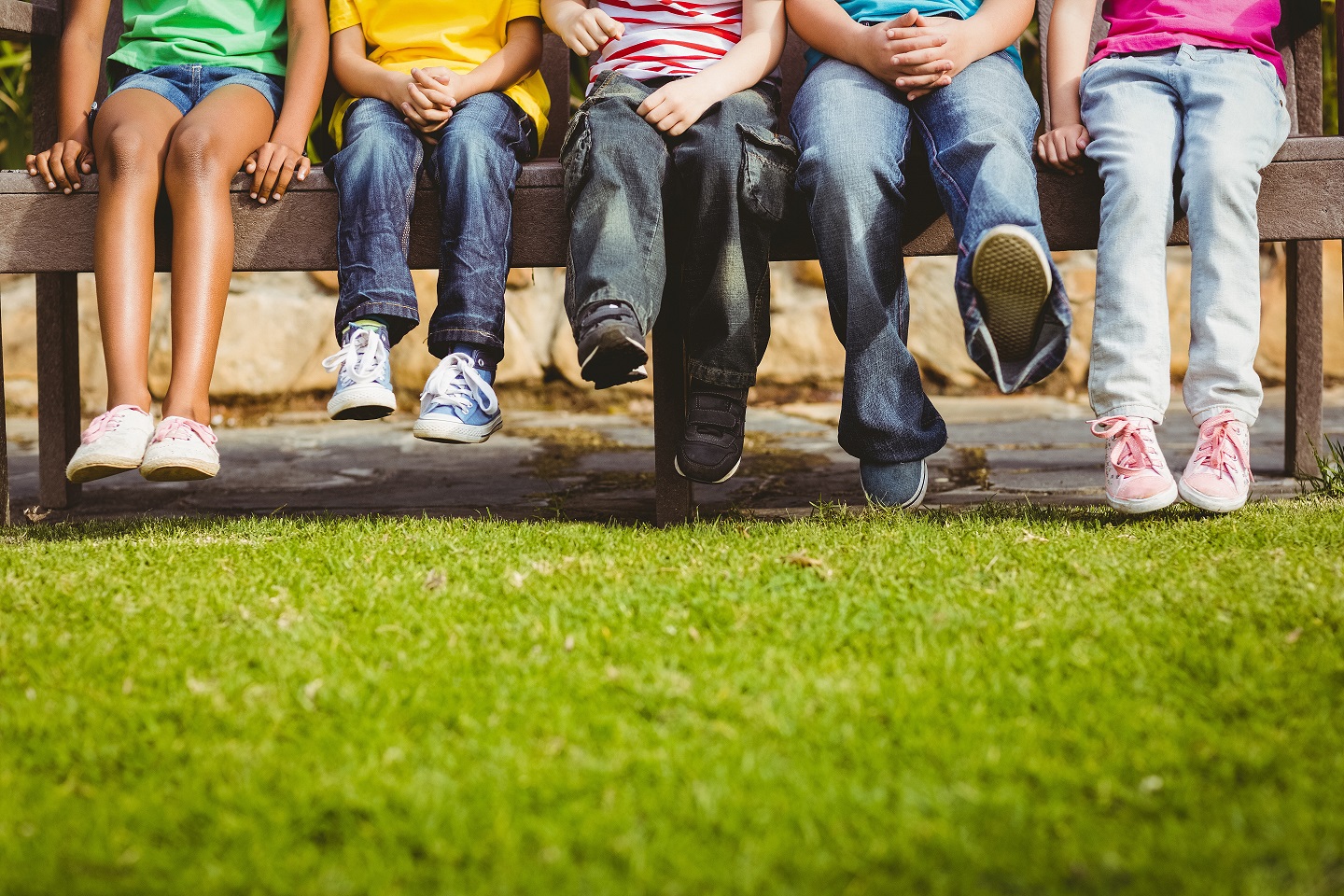If I’m ever feeling down about the state of the world, I don’t have to wait very long to see that there are wonderful things happening all around me. This week, I heard through our partnership with the Department of Child Safety (DCS) about a family in Yuma who was at risk of having their children removed from their home. They were struggling with some basic needs and we were told that clothing, food, and some furniture would go a long way in helping them to get on their feet. I’ve been making regular trips to Yuma to gather churches together so that we can directly respond to families in crisis in their communities. We are not officially up and running but I have quite a few relationships with some of the leaders so I reached out to share the need. Within 24 hours, one church had new sets of clothes for the children and a supply of food, and another church had gotten a number of beds and furniture. Having these items delivered to the family at a critical time was very important and is a worthy goal of our work to help families in the child welfare system. But there was actually something even more wonderful going on. A connection was made.
There have been two main approaches to supporting vulnerable families over the last several decades. One approach looks at the individual to help them meet their needs and to develop so that they have better life skills to improve themselves. The second approach looks at the structures that create and reinforce poverty and works towards changing systems so that there is greater equality and access to opportunity. Each approach has merit and we need to continue to help people as well as reform our systems. But there is a growing understanding of poverty that sees much of what is going wrong with the poor is a poverty of relationships. The poor are often disconnected with healthy relationships that shape their education, their careers or their families. We all need healthy people in our lives who can be mentors, role models, friendships and even authority. If I am honest, most of what is good about me has come from the positive influence of other people in my life rather than from myself. Children who have broken families usually don’t have models of healthy marriages or parenting that will shape what their family will become. My first job out of college was working at a group home for children who had recently been released from juvenile prison. I realized after 6 months that these kids had no examples of a healthy family or healthy friendships. They were all relationally poor.
It seems that there are many opportunities to help families where we never interact with families in need. No relationships are formed. And if we do believe that an important piece of helping the poor involves healthy relationships, then we need to consider how we can create more opportunities to build connections and friendships across socio-economic divides. Amazon can deliver goods but only people can build friendships. There is nothing wrong with giving a backpack to a needy kid. I hope we continue to do this. But those in need need our time, our presence and our concern and not just our things. Children need strong families and families need strong communities.
There is something else that happens when we open up ourselves and connect with a struggling family: we are changed as well. Each family I’ve met who has opened up their lives has shared stories of heartbreak and hardship. Yet each family has also told of incredible blessings and personal growth in caring for someone in need. So it is not just poor families or a struggling child who needs us, we also need them.


Jonathan Sanborn
State Director for CarePortal in Arizona and California
